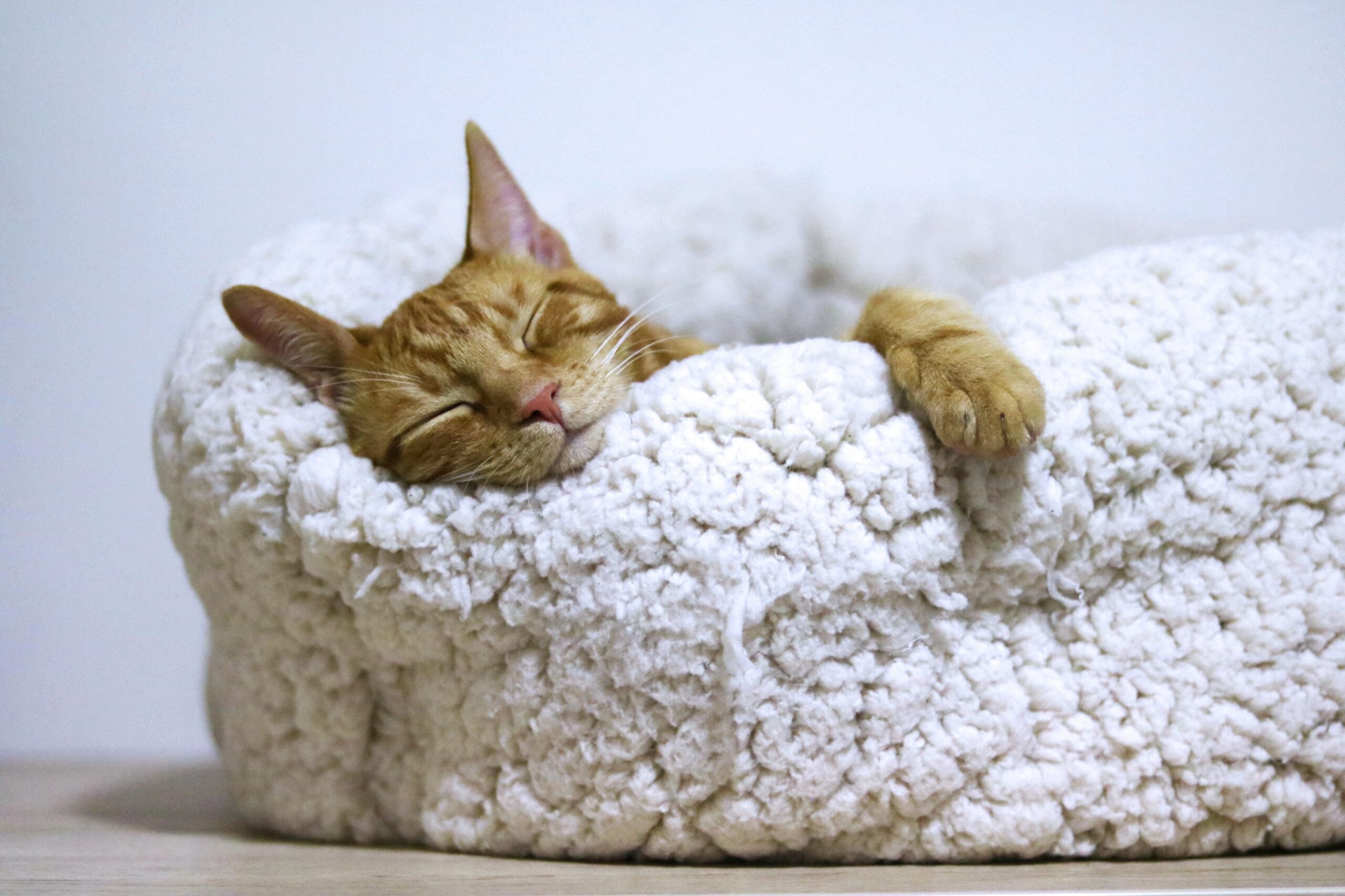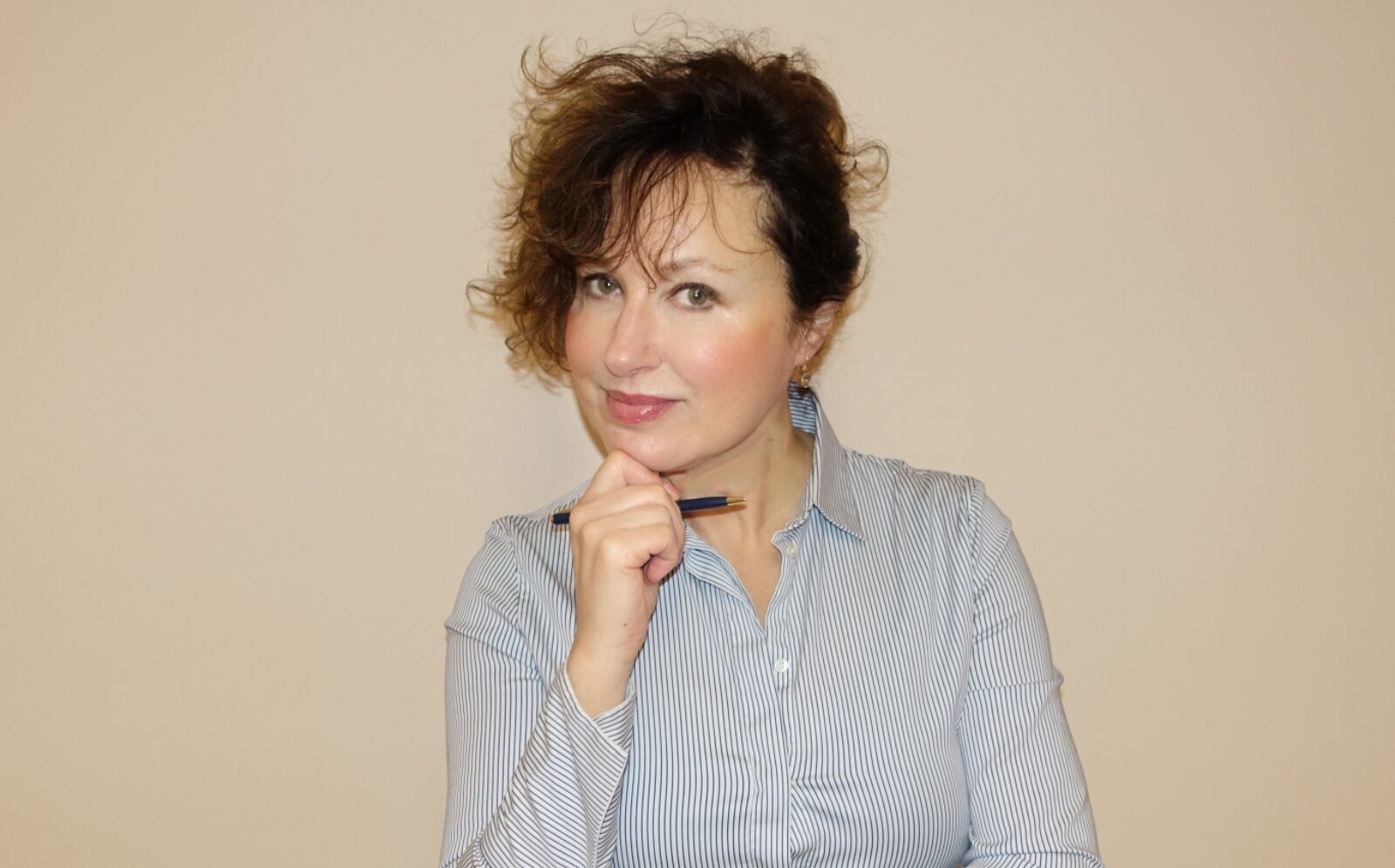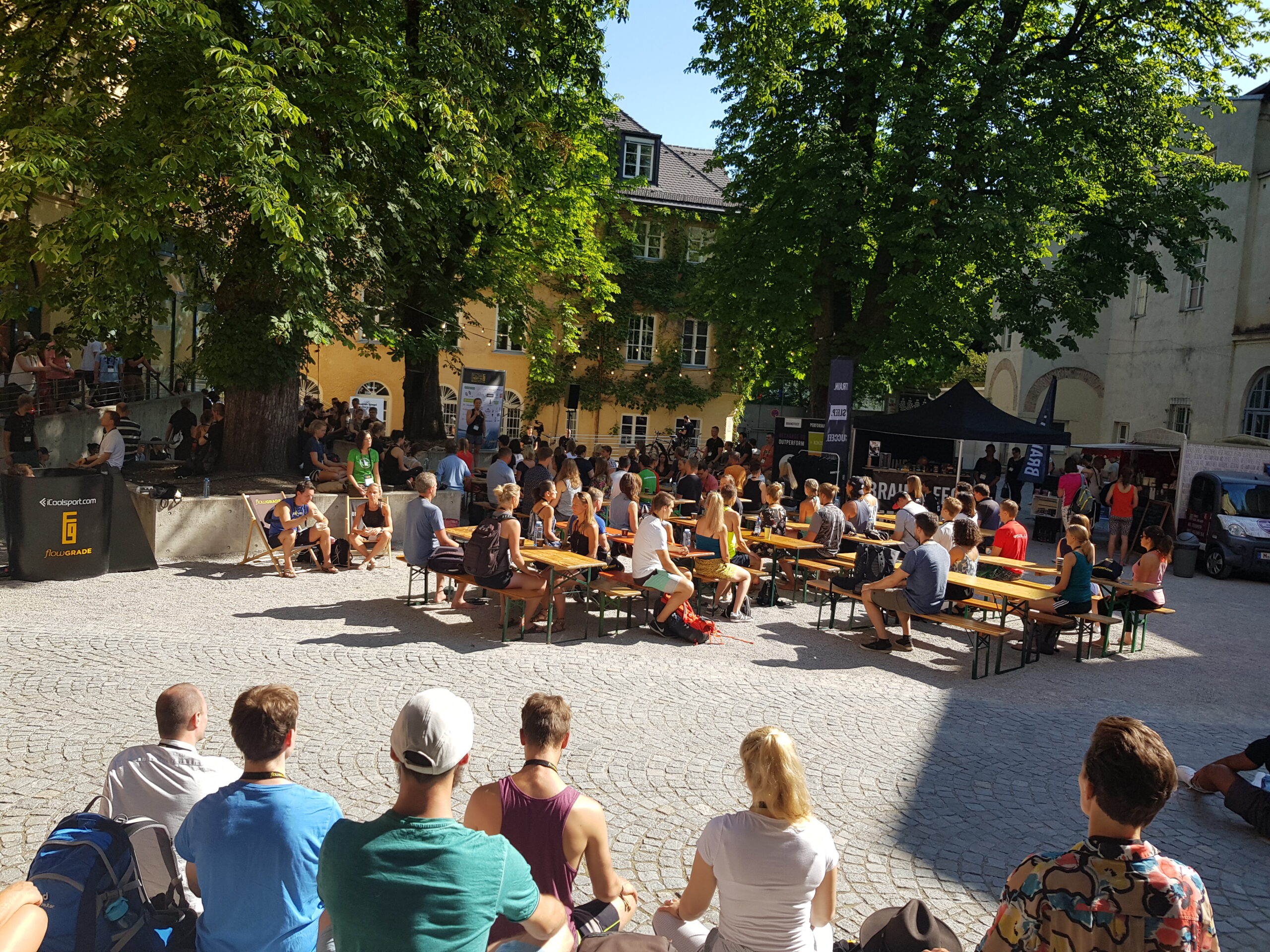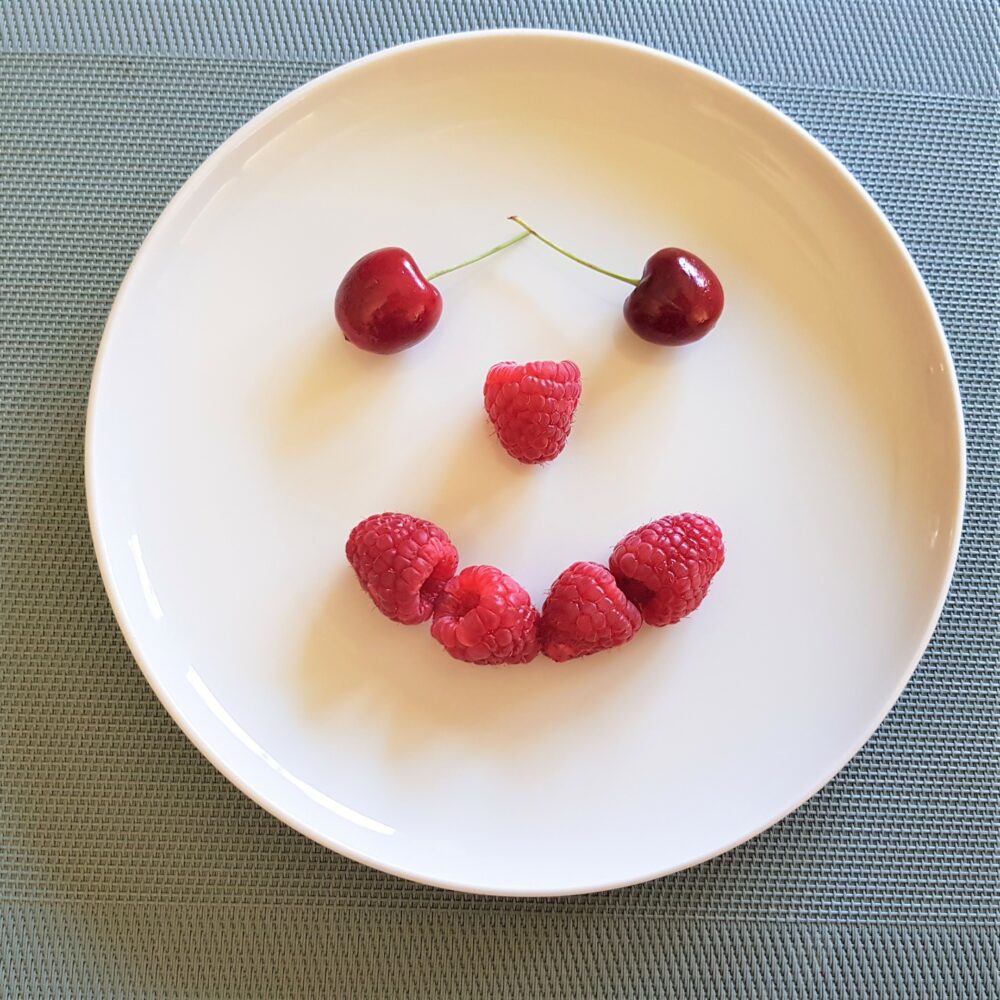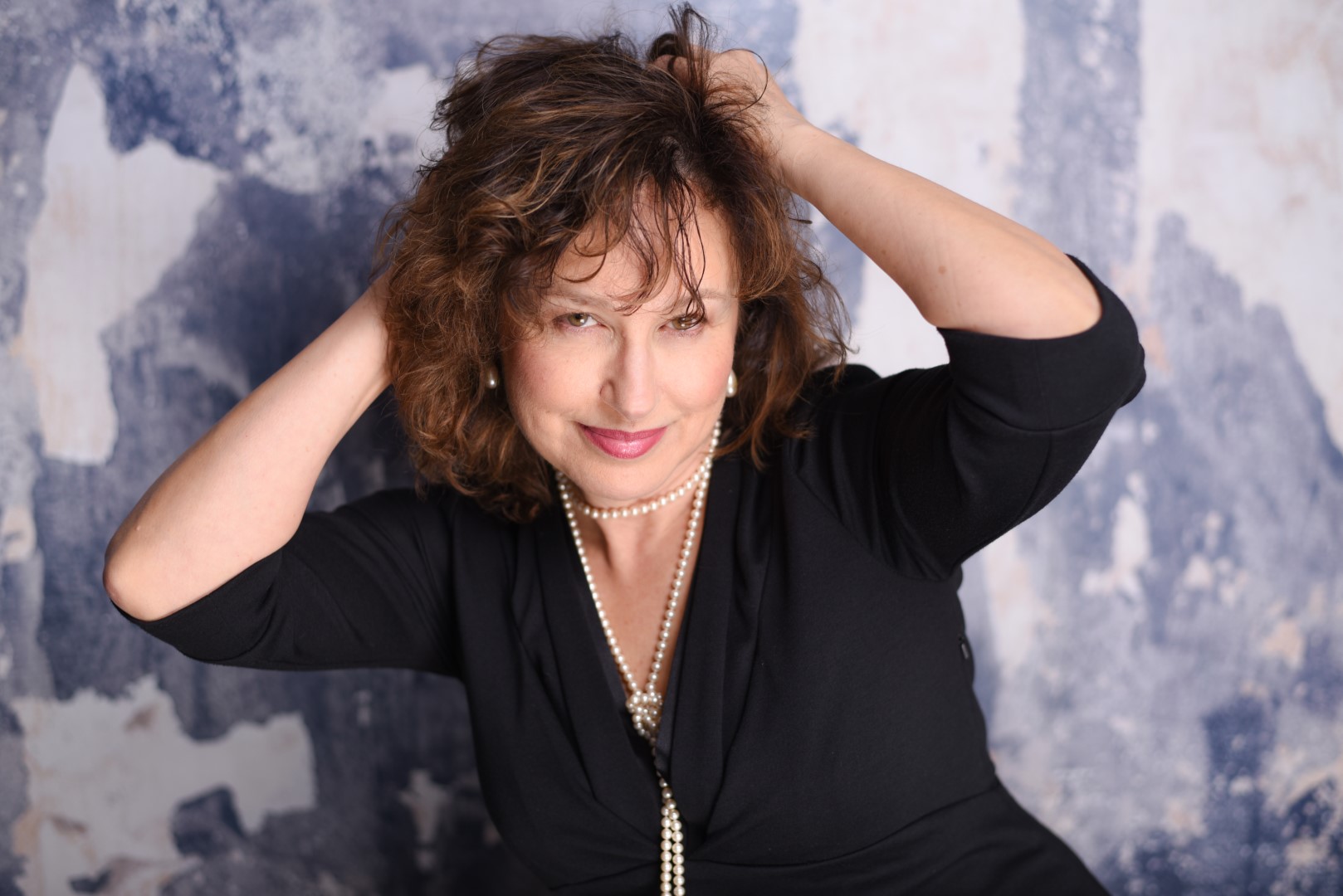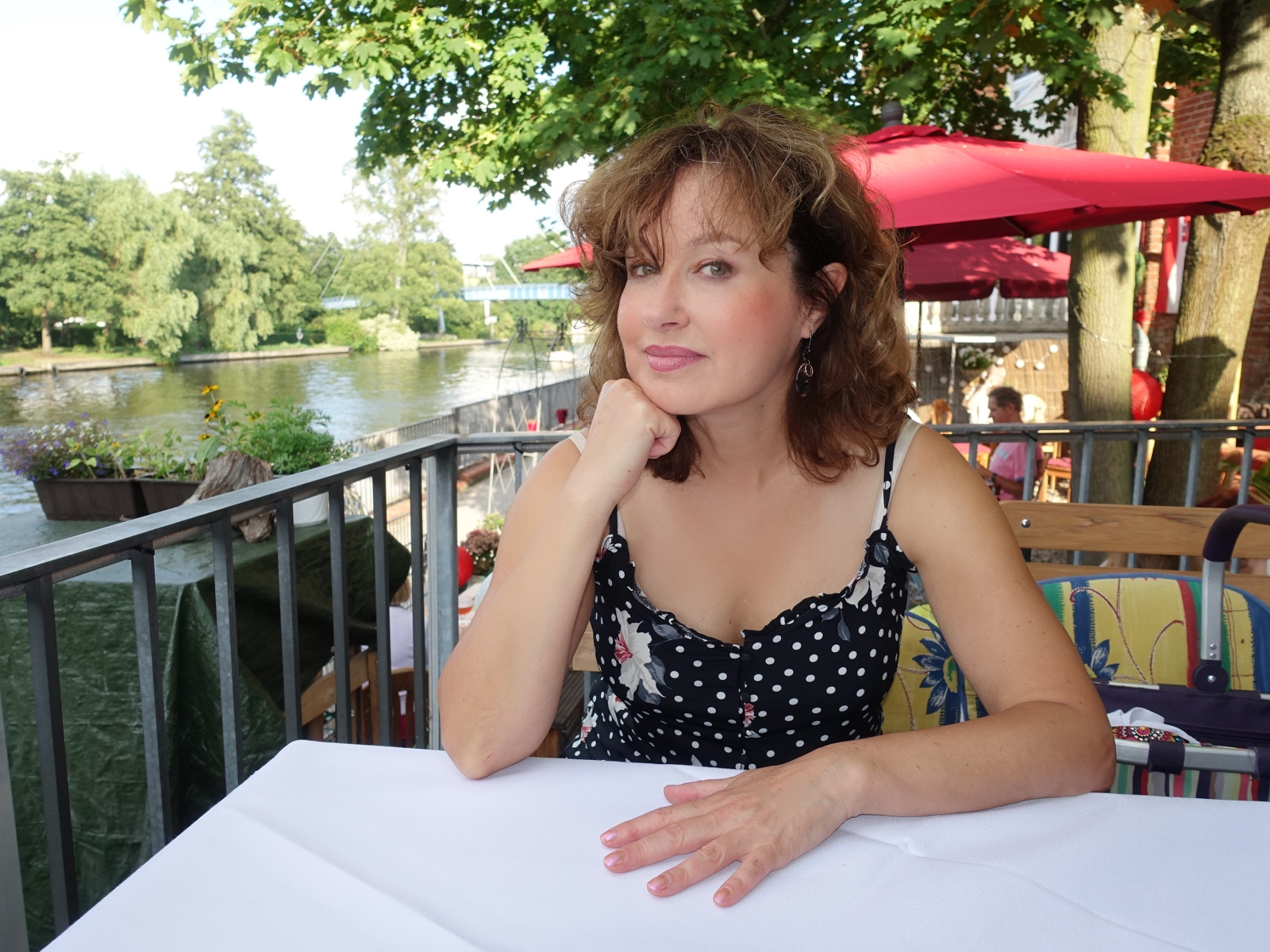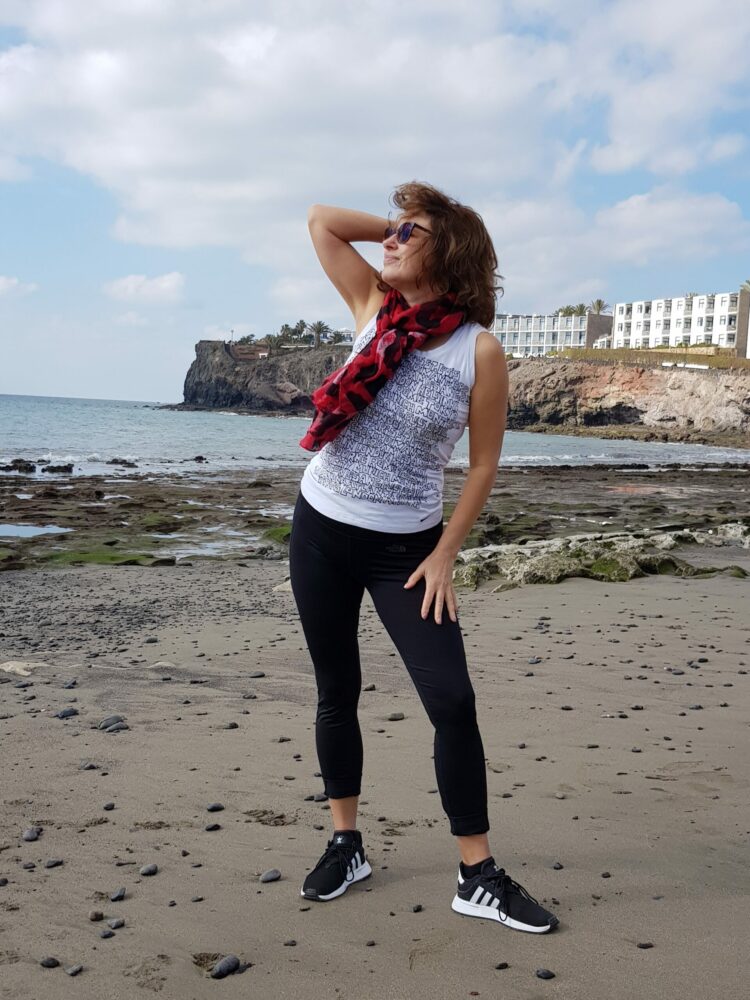Biological age describes how old your body really is – not how many birthdays you’ve had.
Many people notice that energy, recovery and vitality decline faster in the second half of life.
But the good news is: your biological age is not fixed – and can be improved.
One key factor related to biological aging is the body’s NAD+ level. As we age, NAD+ naturally declines, affecting energy production and cellular repair. NMN (Nicotinamide Mononucleotide) is commonly discussed in longevity and biological age research as a precursor to NAD+. View NMN supplement on Amazon.com
Disclosure: this article contains affiliate links. If you purchase through these links, I may earn a small commission at no extra cost to you.
What Is Biological Age and Why Does It Matter?
Biological age reflects how well your body functions on a cellular level – and it’s often a better predictor of health, energy and longevity than chronological age.
As the saying goes “you’re only as old as you feel – and science now explains why that’s true”.
Ultimately, feeling younger comes down to simply changing a few things—especially the things that don’t make you feel good—on both: physical and mental level.
Physical and mental health, as you know, are mutually dependent. Your physical health is the basis for everything: if you’re not feeling good in your body, then you’re limiting your ability to use your mind in the most effective way. Read: Bio-Age the mental side
Let’s start on the physical level. There’s no reason to feel resigned about getting older. Science offers us both comfort and hope. So does nature. How so? By focusing on your “biological age,” or BA for short, which can vary up to 10 years (plus or minus) from your chronological age. Do you know your own BA?
There are 3 ways to categorize your biological age:
- older than your chronological age, or your age in calendar years
- the same age as your chronological age
- younger than your chronological age
Which of these options appeals to you most? Feeling older than, or the same age as, your chronological age doesn’t involve any effort. Meanwhile, feeling younger than your chronological age is something you actually have to work toward.
At first, lowering your BA might seem like a challenge. But believe me, it’s not difficult—and on top of that, making an effort to feel younger can actually be fun. The first step is to determine your biological age. There are a variety of institutions, mostly university clinics, where you can have your biological age measured.
No matter what your biological age is now, the important thing to remember is that you have the power to change it. It largely depends on the condition of your blood vessels and musculoskeletal system. So how do you go about lowering your biological age? It’s actually very simple. It involves paying attention to
Three main aspects of your lifestyle:
- Fitness
- Nutrition
- Relaxation
The first two are clear. The third category includes things like getting enough sleep, losing yourself in activities you love, and sex. I’d like to (briefly) take a closer look at these three areas of our lives.
Fitness
Do you have to buy a bunch of exercise equipment and join a gym to stay in shape? Not necessarily. If you’re already athletic, I don’t need to tell you what to do. At any rate, as you get older, you’ll be forced to slow down eventually.
For those of you who work out little or not at all, however, it’s important to keep in mind that your body needs to be in motion every day. Doing sports is a way to go beyond your body’s daily need for movement. The key is to find a middle way that works for you. With that in mind, you want to seek out activities that make you sweat, at least a little.
The ideal formula looks like this: 1 hour of sweat-inducing exercise 3 times a week. It doesn’t matter which activity you choose. The best exercise is the one you like the most—not including sex. We’ll get to sex later. What form of exercise do you like best? For me, it’s dancing.
I’ve been a member of a dancing club for five years, and I find that dancing totally energizes me, both physically and emotionally. But you don’t have to be a member of a dance team to do it; dancing is nothing more than moving in time to music. It can be as simple as putting on your favorite songs and moving “freestyle.” Every day for 10 to 15 minutes in your living room. That’s it.
You can also supplement your exercise routine by doing things like skipping the elevator and taking the stairs, and walking whenever possible.
Diet/Nutrition
Do you think you need a diet plan that includes exact calorie counts and recommended daily allowances? Does everything have to be organic? Is going vegan the best alternative? Not necessarily.
Simple principles apply here, too: about 3 meals a day, more vegetables than fruit, more raw than cooked, more whole grains than refined flour, and more fish than meat. And always eat until you’re satisfied. Organic products are definitely preferable, but eating organic doesn’t have to be a religion.
Drink a lot of water, and avoid fruit juices or too much alcohol, which the body converts into sugar.
Relaxation
Sitting in the sun and daydreaming? It’s a great idea, but you don’t always have the time or the chance, do you? Each of us has different opportunities to relax, along with different ways of doing it.
For me, for example, “clothing management” is extremely relaxing. I love rummaging through my wardrobe and deciding whether my clothes are still up to date and attractive.
How do you know if you’re doing something that relaxes you? First of all, it happens naturally. When you’re truly relaxed, you’re in a “flow” state. It’s easy to forget about whatever problems you might be dealing with, like when you’re lounging around in bed and daydreaming about something you might want to learn, instead of obsessing about what might go wrong with your next project.
In any case, resting for about eight hours every night is also an indispensable part of lowering your biological age.
And what about sex? I consider sex to be another important factor that affects your biological age.
To be continued.
Your Ninelle M.
Please write your comment below and share this post. Your e-mail address won’t be published!
Disclosure: this article contains affiliate links. If you purchase through these links, I may earn a small commission at no extra cost to you.

